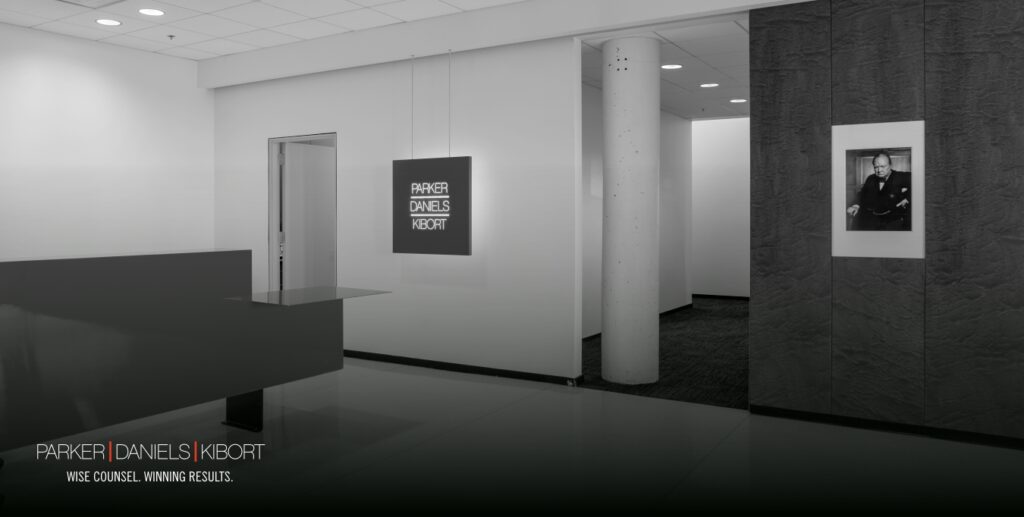
Navigating the Perils of Politics in the Workplace
As polarization of thought continues to expand and intensify, we are witnessing an unprecedented shift in the workplace. Employers and employees alike are making work decisions based on political viewpoints. This is stretching the bounds of the employer/employee relationship.
It’s no longer just a matter of employees potentially falling out of favor with their employers due to differing political views; the reverse is also becoming increasingly common. Employers, too, can lose favor with their workforce over political ideologies. The workplace, in many ways, is becoming a microcosm of the broader societal divide—a trend that could have profound impacts on our economy as the red/blue divide solidifies.
The Rise of Politically Aligned Workplaces
As Andrew Parker, founding partner at Parker Daniels Kibort, observed in his analysis for Twin Cities Business, we may soon find ourselves in a world where companies are visibly aligned with political ideologies, effectively becoming “red” or “blue” companies. Parker describes this phenomenon as a potential shift where “red companies and blue companies” might emerge, hiring based on perceived political views, and employees choosing workplaces based on the political ideology of the company. Companies have already started to recruit based on political leanings. This reality threatens to deepen the divide already present in our society, leading to workplaces that are less diverse in thought and more prone to groupthink.
The Importance of Civil Discourse
Disagreement, when handled through civil discourse, can be healthy and productive. Respectful discussions and even robust debates on public policy, whether in the public square or the office, can be an enormous benefit to both employee and employer. The exchange of ideas can lead to innovation, better decision-making, and a more inclusive environment. However, the current climate of political polarization often results in anger, discord, and even hate. These emotions can spill over to the workplace, creating a toxic environment that disrupts productivity, efficiency and relationships.
Legal Considerations and Employer Strategies
While public sector employees enjoy First Amendment protections, private sector employees are not afforded the same rights. Many states, however, have enacted statutes to protect political speech in the workplace. These laws vary widely, and the protections they offer can be complex to navigate. Some states prohibit employers from discriminating against employees based on their political activities or affiliations, while others provide more limited protections.
Some companies have chosen to allow political debate within the workplace, albeit with caution. This decision is often driven by a desire to create an open and inclusive environment where employees feel free to express their views. However, it also comes with risks. Without clear guidelines and strong leadership, political discussions can quickly escalate into conflicts that disrupt the workplace.
Seeking Expert Guidance
For employers and employees navigating this complex terrain, it’s essential to seek expert guidance. Understanding your rights and responsibilities in an increasingly polarized environment can be challenging, but it is critical to maintaining a healthy workplace.
At Parker Daniels Kibort, a premier labor and employment law firm in downtown Minneapolis, we offer legal counsel and advice on many HR and employment related matters including issues regarding political speech in the workplace. Whether you’re an employer seeking to establish policies that protect your business while respecting employee rights, or an employee facing challenges related to political expression at work, we can help.
For more information, contact us at 612-355-4100. To read more about Andrew Parker’s insights on this issue, visit the article in Twin Cities Business entitled “The Perils of Politics at Work“. We can help you navigate the delicate balance between free expression and maintaining a productive, respectful work environment.


